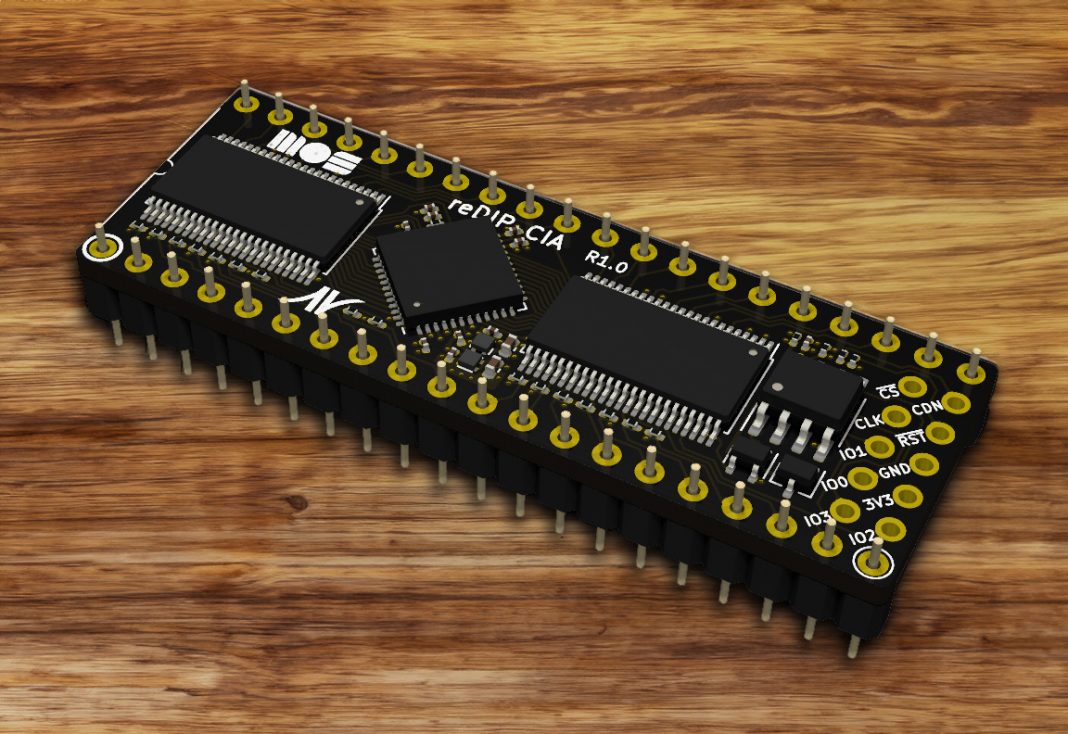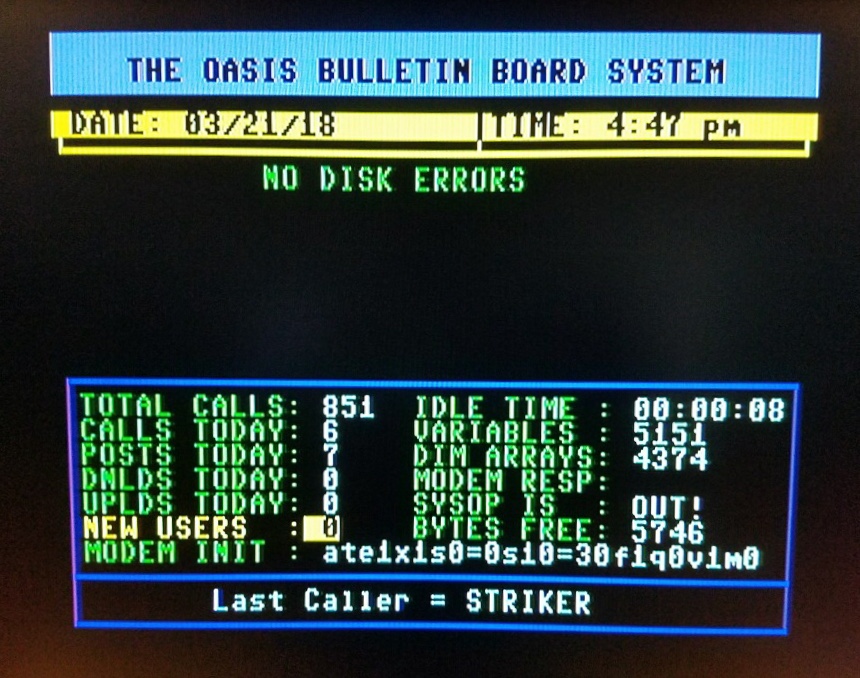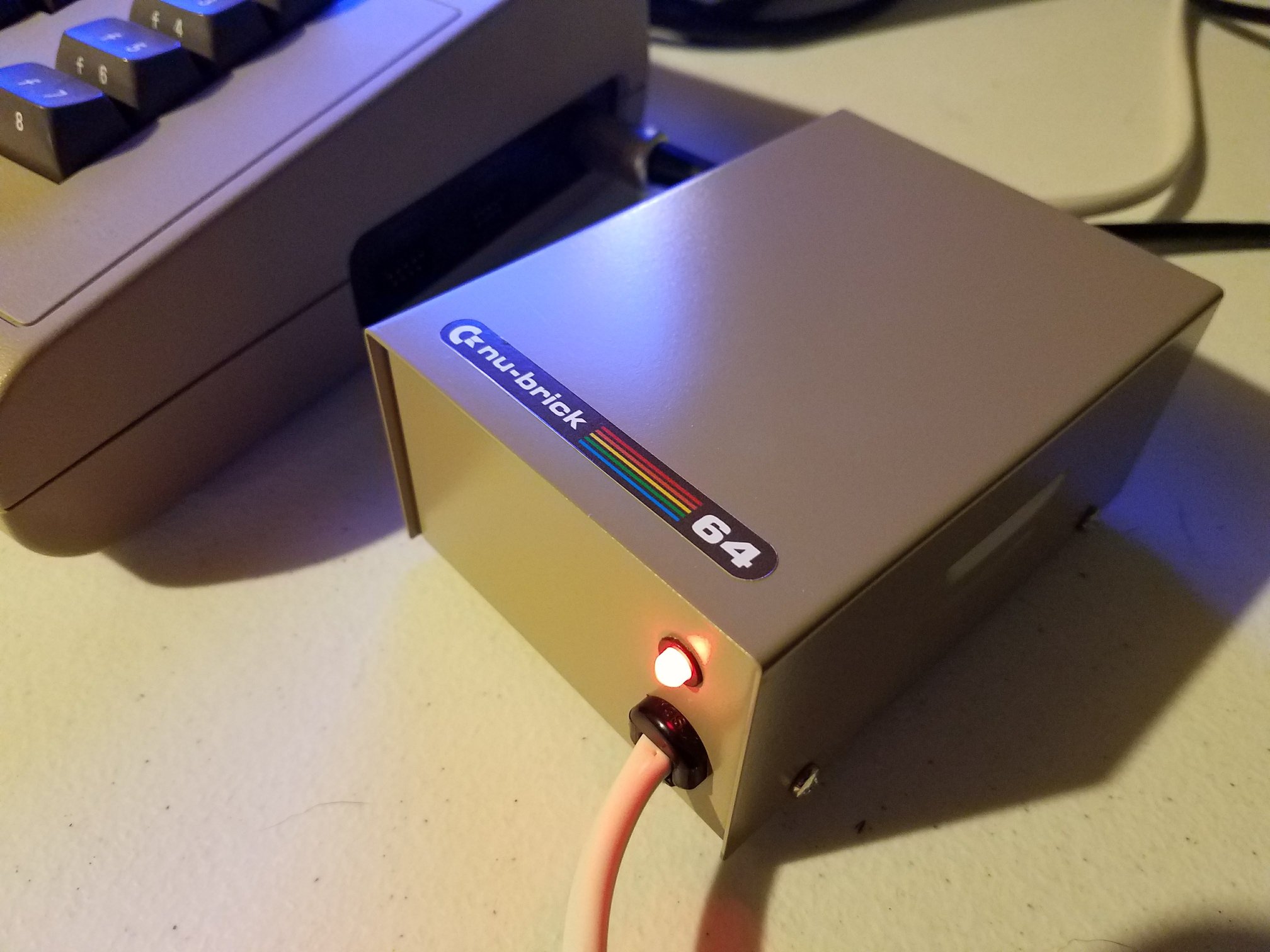In the ever-evolving landscape of technology, preserving and emulating legacy hardware is crucial. Enter the reDIP CIA FPGA replacement board, a cutting-edge solution designed to emulate CIA (Complex Interface Adapter) chips. Developed by Dag Lem of the VICE Team, this innovative board stands as a bridge between the past and the future of computing.
What is the reDIP CIA FPGA Replacement Board?
The reDIP CIA board is a versatile FPGA-based platform engineered to replicate the functionality of various CIA chips utilized in vintage computing systems. Emulating these chips is essential for maintaining and revitalizing classic hardware, enabling enthusiasts to preserve computing history sustainably.
Purpose and Functionality
The reDIP CIA board aims to offer seamless emulation of CIA chips found in iconic systems like the Commodore 64 and Commodore Amiga. By leveraging Field-Programmable Gate Array (FPGA) technology, this board can mimic the behavior of original CIA chips, ensuring compatibility and functionality in older systems where these chips might have become rare or faulty.
Emulated CIA Chips
The reDIP CIA FPGA replacement board boasts the capability to emulate a range of CIA chips, including:
- CIA 6526: A crucial component in Commodore systems, responsible for handling input/output, timers, and interrupts.
- CIA 8520: Found in Amiga computers, this chip expanded upon the functionalities of the 6526, offering enhanced capabilities.
Benefits and Impact
This innovative board offers several advantages to retro computing enthusiasts and preservationists:
- Hardware Preservation: By emulating rare or failing CIA chips, the reDIP CIA board contributes to the preservation of vintage computing hardware, ensuring its longevity.
- Compatibility: Retro enthusiasts can rely on the reDIP CIA board to maintain compatibility and functionality in older systems, enabling continued use and exploration of classic computing environments.
- Community Collaboration: Open-source development fosters a collaborative environment, inviting contributions and improvements from a dedicated community of retro computing enthusiasts.
Conclusion
The reDIP CIA FPGA replacement board stands as a testament to the dedication of the retro computing community to preserving and revitalizing legacy hardware. With its ability to faithfully emulate CIA chips found in iconic systems, this board paves the way for continued exploration and enjoyment of vintage computing experiences.
As technology advances, solutions like the reDIP CIA board serve as a reminder that while the hardware may age, its legacy and impact remain timeless.
For more information about the reDIP CIA chip and other projects visit Dag Lem’s Github page.








